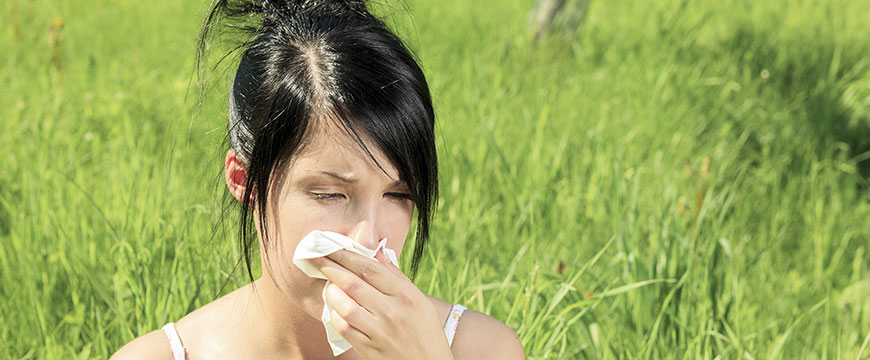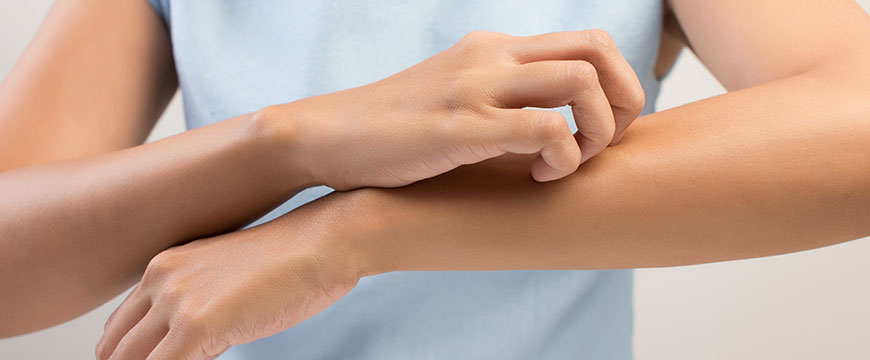
Being generally healthy is important so we can be able to do things we have to do every day. That is why we are often advised to take vitamins and health supplements as well as having regular physical activities. At the same time, we should adopt a healthy diet and avoid junk foods as much as possible. By doing all these, we can have a better immune system that will lessen our risk of having common illnesses and other sorts of diseases.
However, our immune system may have some slight flaws. For one, the immune system usually causes allergic triggers that need to be consulted to an allergy doctor immediately. While our immune system is meant to protect us from getting sick, an overreaction from certain triggers such as pollen or dust can make some people head straight to an allergy clinic.
What does the immune system really do?
For starters, the immune system’s main purpose is to protect our bodies from illness-causing bacteria and viruses. It basically serves as our armor of protection against the “bad guys”—that is, common illnesses such as cough and colds, and even serious medical conditions such as cancer.
Apparently, the lymphoid organs play a vital role in the overall functioning of our immune system. Included in the lymphoid organs are the bone marrow, lymph nodes, appendix, spleen, and tonsils among a few. These organs work collaboratively to protect our entire body from infections that can wreak havoc to our health.
But as mentioned, the immune systems somehow has its flaws depending on how people perceive it. While such so-called flaws are one way to protect us from certain substances and microorganisms, it can cause reactions that can potentially be fatal to the person.
Some known signs of an allergic reaction due to the immune system’s reaction to certain allergens include sneezing, runny nose, itching, and in worst cases, anaphylactic shock and even death. That is why it is important for you to identify the cause of your allergies if you have one. For any signs of allergic reactions, you should consult an allergy physician immediately for proper treatment.
What causes weak immune systems?
As mentioned, the immune system is composed of several organs that work together to provide protection to our bodies against disease-causing bacteria and viruses. However, certain factors can affect your immune system.
As a result, a weakened immune system cannot play its crucial role of protecting you against illnesses and infections. Some of the reasons that can affect your immune system are the following.
- Lack of sleep
- Poor diet and nutrition
- Smoking
- Taking certain medications
- HIV
- Exercising too much
A weakened immune system can also affect people suffering from allergies and asthma. As mentioned, certain triggers can cause the immune system to overreact and result to adverse effects on the body. When symptoms appear, make sure to visit an allergist specialist immediately. Allergy testing may be necessary to determine triggers and come up with treatments to help manage it.
Symptoms of a weakened immune system
You might experience one or more of the following if you have a weak immune system.
- Frequent occurrence of allergies
- Digestive problems
- Wounds take a long time to heal
- Lethargy or tiredness
- Frequent illness
- Joint pains
How to strengthen your immune system
It is important to keep ourselves healthy to prevent the effects of a weak immune system. This is especially crucial for those who suffer from allergies. For one thing, going on frequent trips to an asthma doctor can be physically and financially exhausting and you should break that cycle right now. Here are some essential tips to strengthen your immune system.
- Practice good hygiene. Never take handwashing for granted because that’s where everything starts in terms of germ contacts and all.
- Make sure to disinfect items that your household members often touch such as the remote control and doorknobs.
- Relax and don’t let stress eat you up. Get some stress-busting activities such as yoga, massages, and doing hobbies like reading or crocheting.
- Have enough sleep. Experts recommend that adults should have at least 7 hours of sleep per day.
- Eat a healthy diet and have a regular exercise (but do not overdo it).
- Take health supplements for iron, zinc, vitamins A, D, E, and folic acid.
- If you have allergic symptoms, visit an allergy clinic in Germantown MD immediately for proper treatment.






